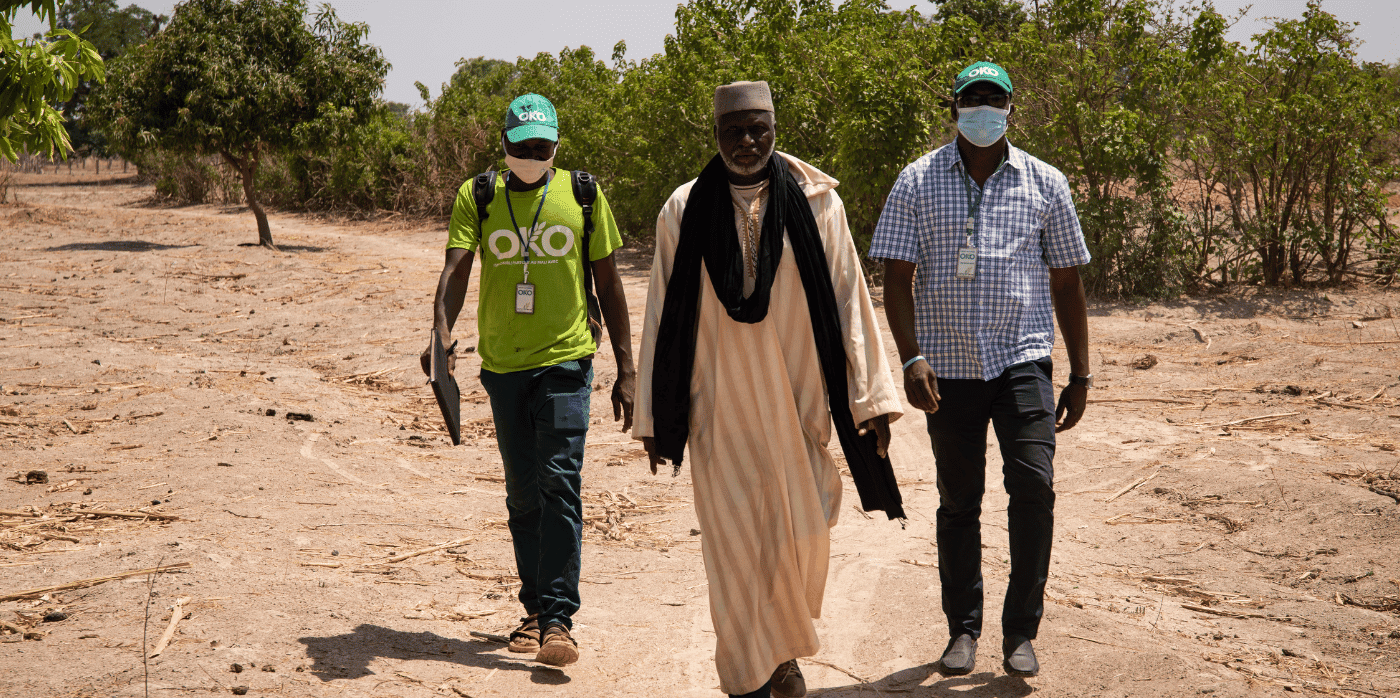A natural solution making plants more resilient to drought

Spotted: Sustainably strengthening economies and agriculture is foundational to the attainment of the UN Sustainable Development Goals (SDGs). But climate change is putting increasing pressure on agriculture – with fluctuating seasons, changing rainfall patterns, extreme weather, and drought all becoming more common. Now, French agrobiotechnology company Elicit Plant uses plant-derived molecules called phytosterols to help crops survive dry periods.
Phytosterols are lipids that activate a plant’s resistance to environmental stressors. The compound is applied to plants early in their growth to encourage the development of characteristics that maximise the efficiency of water use.
Longer roots combined with reduced evapotranspiration help global cereal crops such as soybean and corn better survive the increasingly challenging environments within a changing climate. Elicit Plant’s trials show an increase in yield of between 13 and 22 per cent per crop, with a monetary value increase of up to $240 (around €219) per hectare.
The company’s first product is called BEST-a and is designed for soybeans. It can be used on corn, too, although a compound specifically for corn is nearing availability. As well as waiting for the final regulatory approvals, the company is also developing additional products to expand the range of crops it supports. BEST-a not only helps farmers grow more in drier conditions, the product also makes it possible to stretch available water supplies over a longer period of time.
Innovations that help farmers grow enough food for the world’s expanding population are crucial. Some that Springwise has spotted include urine-based fertilisers and sensors that optimise water usage for crops.
Written By: Keely Khoury



